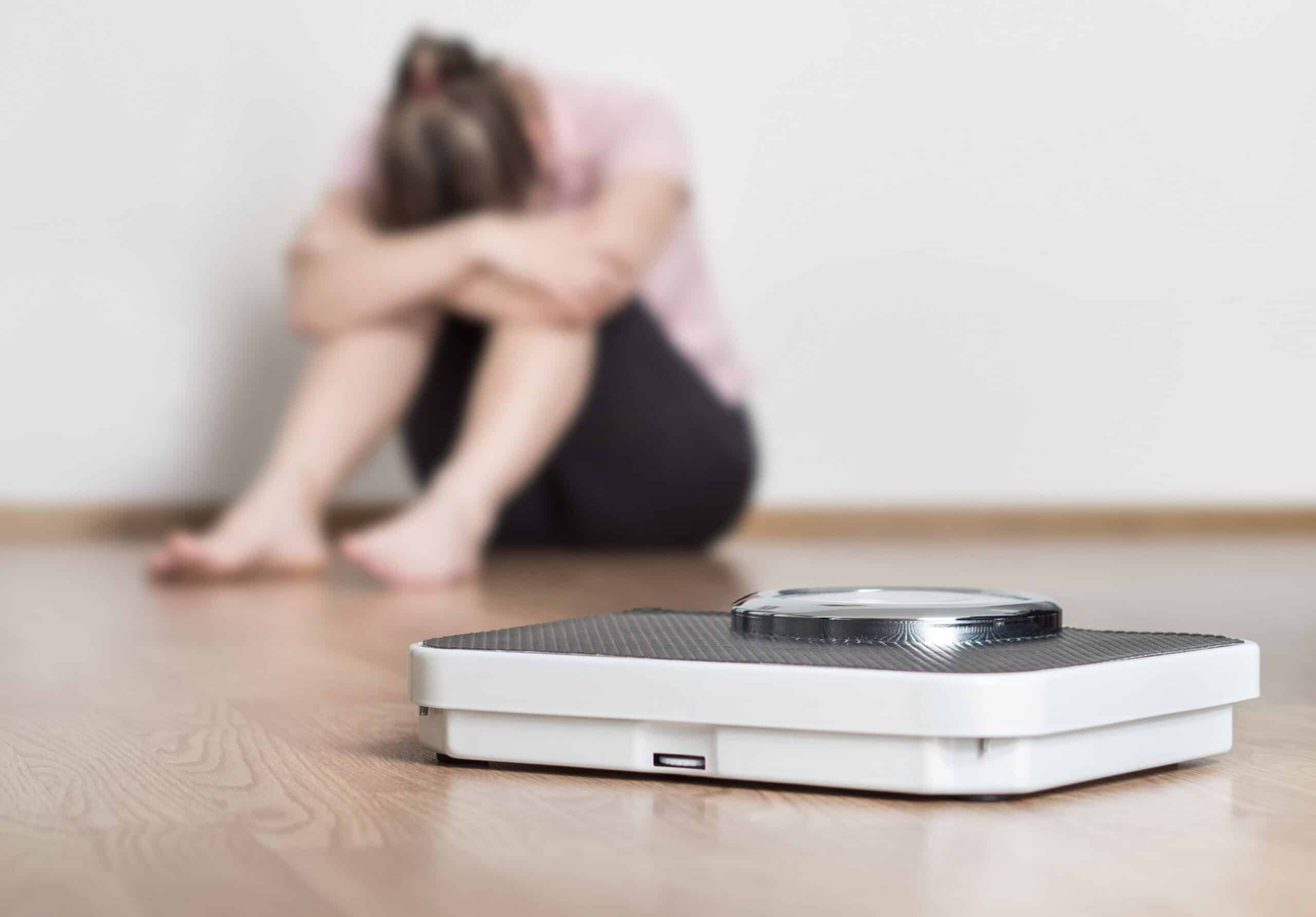Three limiting beliefs your eating disorder has you believe
Recovery is hard enough as it is, not to mention when we hold unhelpful limiting beliefs that prevent us from reaching our full potential.
A limiting belief is a state of mind, conviction, or belief that you think to be true that limits you in some way.
We work with hundreds of clients who feel limited in their recovery due to these beliefs. Whilst, of course, we are all unique, there are some common limiting beliefs that many of our client’s experience.
In today’s blog we are going to explore a handful of these beliefs and hopefully shed some light on why they are worth reframing. Because after all, beliefs are ever-evolving – not static.
#1 FULL RECOVERY ISN’T POSSIBLE
Let’s start by saying… full recovery IS possible and it’s never too late to begin!
Why do we feel so strongly about this? Because we witness this possibility every day and research says it is, too.
With the right support and willingness to make change, you CAN recover.
What is full recovery?
It could be defined as an improved quality of life due to being free of all eating disorder symptoms and returning to a healthier body weight (if underweight). Beliefs and attitudes about body image, food and exercise are also normalised and healthy.
Factors that make it more challenging:
- Not being aware of the eating disorder or of having a problem: If you’re here reading this, this likely isn’t you! Therefore, the world is your oyster! For those that are not aware, the right medical support is needed to ensure they are stabilised and then there is scope for engaging in recovery.
- Severity and duration of the eating disorder: The longer and more severely you have lived with your eating disorder the longer it may take to recover. But don’t let that put you off. Think about how much your life is impacted by the eating disorder – do you really want that to continue into your future? How much longer can this go on? You’ve got a life to live!
- Anxiety or depression: Eating disorders often present with anxiety, depression, or obsessive-compulsive disorder (OCD)1,2,3. Therefore, to recover fully it can be helpful to have the right therapeutic interventions to deal with the anxiety and/or depression alongside the eating disorder.
- Low self-esteem and perfectionism: It have been shown that some of the maintaining factors of an eating disorder are underlying clinical perfectionism and low-self-esteem4. This tells us how engaging in a therapy is helpful to address underlying causes.
#2 I WANT TO RECOVER IN A “HEALTHY” WAY
You want to have a go at recovery, but don’t want to eat that because it’s “not healthy”, right?
Holding onto “healthy” or “clean” eating is keeping you trapped. Healthy/clean eating in the context of eating disorder recovery is likely just a restriction dressed up with a halo.
We have to be very careful of this, because we also run the risk of recovering from one eating disorder into another – for example, from anorexia into orthorexia. This is NOT a good thing. It can be just as harmful and is not freedom!
Healthy eating has many definitions. It is perceived as a “good thing to do” in society and therefore if we suggest that our choices are based on “healthy eating” then it can be a get out of jail card for the eating disorder, and it can continue to go under the radar.
What do we know about the eating disorder staying under the radar?
Eating disorders THRIVE in isolation. If you are not allowing yourself to be honest with your intentions for healthy or clean eating, you are not allowing yourself to find food freedom.
It’s immensely important to challenge ALL foods as part of your recovery – including “fun foods”. If this doesn’t happen, food fears will continue to creep in and limit you from living a full life.
#3 I WANT TO RECOVER, BUT STILL BE IN CONTROL OF MY WEIGHT
In order to fully recover, we need to be able to accept that our body will change. Our body’s weight will change across our life. If we are still gripping onto the idea that we can “stay skinny” or “not gain any more weight” then we are letting our eating disorder control us.
The desire to still be in control of weight is driven by FEAR. We are scared. We fear what weight gain might look like, people’s opinions, what it might feel like, and what it may mean about us.
In order to overcome the fear of weight gain, we have to stop and move away from any weight-controlling behaviours. This is absolutely necessary. Every time we engage in weight control behaviour, we teach our brain that it needs to be afraid of weight change and that keeps us trapped in a negative loop of other unhelpful eating disorder behaviours such as the restriction-binge cycle or purging and over-exercise.
When we learn to let go of the control of our weight, we make room for SO MUCH more in our life. How much time a day do you spend thinking about your weight or ways to control it? Yes, too much. What else could you do with that time? Imagine the possibilities!
Your weight is the least interesting thing about you. Don’t give it so much of your energy. You are a whole person, you have so much to give to the world – the world needs that.
To learn more about how our dietitians can support you in your eating disorder recovery, book a free discovery call.
Zoe Light, RD
EHL Team x
References:
- Godart N.T., Flament M.F., Perdereau F., Jeammet P. Comorbidity between eating disorders and anxiety disorders: A review. Int. J. Eat. Disord. 2002;32:253–270. doi: 10.1002/eat.10096.
- Godart N.T., Perdereau F., Rein Z., Berthoz S., Wallier J., Jeammet P., Flament M.F. Comorbidity studies of eating disorders and mood disorders. Critical review of the literature. J. Affect. Disord. 2007;97:37–49. doi: 10.1016/j.jad.2006.06.023
- Garcia S.C., Mikhail M.E., Keel P.K., Burt S.A., Neale M.C., Boker S., Klump K.L. Increased rates of eating disorders and their symptoms in women with major depressive disorder and anxiety disorders. Int. J. Eat. Disord. 2020;53:1844–1854. doi: 10.1002/eat.23366
- Fairburn C.G., Cooper Z., Shafran R. Cognitive behaviour therapy for eating disorders: A “transdiagnostic” theory and treatment. Behav. Res. Ther. 2003;41:509–528. doi: 10.1016/S0005-7967(02)00088-8














